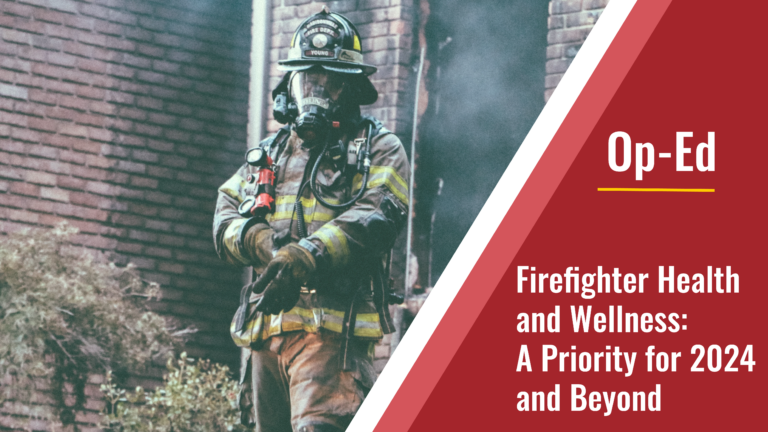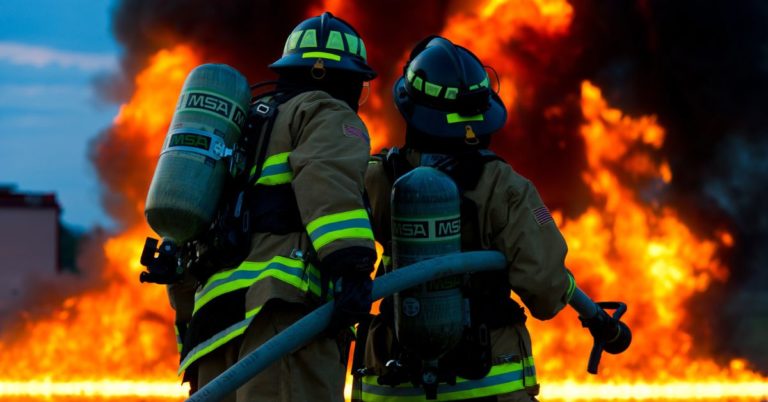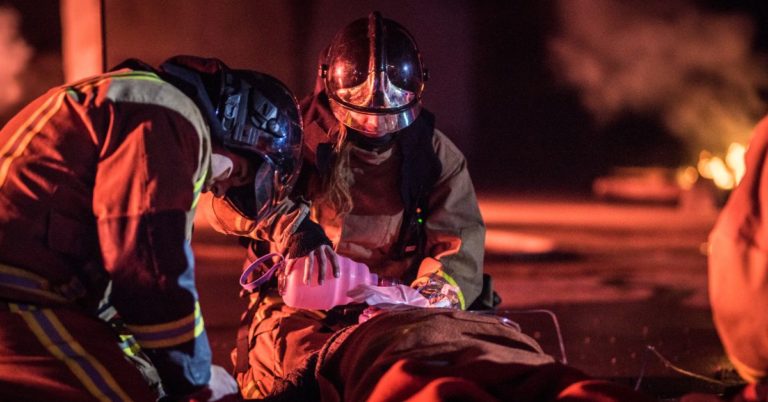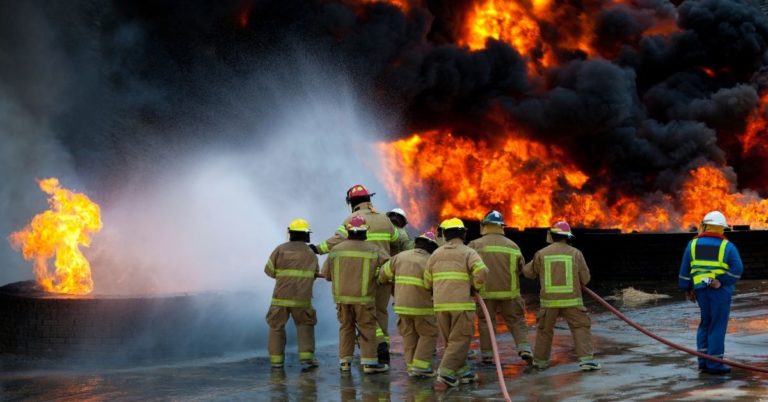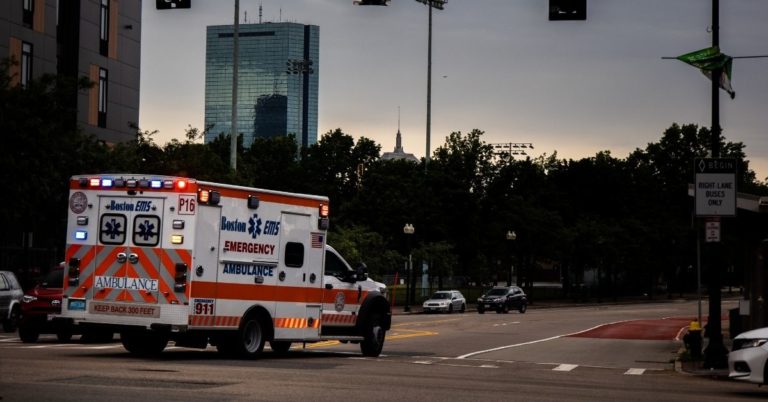The Covid-19 pandemic has brought untold struggle to the United States. Being defenseless against the “invisible enemy” meant that many Americans lost jobs, were isolated, and countless more tragically died. Many, however, were and have been at the front lines of this battle going to work each day to serve their communities the best they could, leaving themselves, their families, and colleagues vulnerable to being infected. We were told as a nation that the way through and beyond this situation was the development and implementation of vaccines for the American public. Now that the vaccines are here, the next layer to this struggle is determining who will receive them first. It is a dilemma that has placed first responders behind other segments of society in receiving vaccination.
There is not a uniform policy nationwide to determine who will be first in line, and while the government has recommendations, it is ultimately up to state officials to determine when and to whom a vaccine will be given. The CDC’s recommendations for who should be vaccinated first follows the logic of who is most at risk. “CDC recommends that initial supplies of COVID-19 vaccine be allocated to healthcare personnel and long-term care facility residents. This is referred to as Phase 1a.” As the elderly, especially those in nursing homes were hardest hit, it only makes sense that they would be first. Phase 1b suggests vaccinating frontline workers, such as first responders, but that doesn’t mean they won’t have to wait.
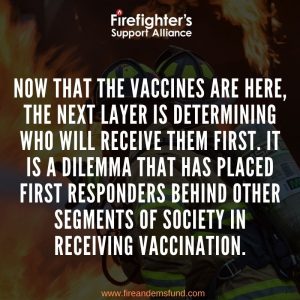
In Massachusetts for instance, “Vaccinations for first responders, the third priority group within Phase 1 of the Commonwealth’s vaccine distribution timeline, will begin Monday, January 11, according to a statement on the state’s website regarding vaccine distribution. This decision affects nearly 45,000 first responders in the state eligible under this grouping.
The Governor of Florida, Ron DeSantis has made a similar decision for the vaccine administration within his state. The decision to vaccinate citizens 65 and older first in his state “bucks a suggestion from the Centers for Disease Control and Prevention to place a priority on people 75 and older and essential workers like teachers and first responders as the next to get vaccinated,” wrote US News. DeSantis defended the move, stating “The problem is people that are 73, 74 would be in the back of the line for a young 21-year-old worker who’s considered ‘essential.’ That doesn’t, I think, make sense.”
But ultimately groups representing firefighters are not pleased with the decisions by states like Massachusetts and Florida to put first responders behind others.
The International Association of Fire Chiefs stated in response that, “The IAFC is aware of some states that deprioritized fire departments for access to COVID-19 PPE and testing. Similar state-level deviations should not be permitted when it comes to providing vaccines to fire and EMS personnel.” The organization is advocating that the nation adopts a uniform policy for first responders.
Determining who will receive the vaccines first is a complex task. States and local governments must weigh their supply against which groups are the best candidates to be inoculated immediately. But the fact remains, firefighters, EMS, and other first responders are going out into their communities on a daily basis and risking exposure to the virus. It is in the best interest of departments and the communities who depend on them that first responders are able to receive vaccines to prevent illness and maintain safe levels of service.
Image Credit: Photo by Mat Napo on Unsplash

